Showing 3811-3825 of 5459 results
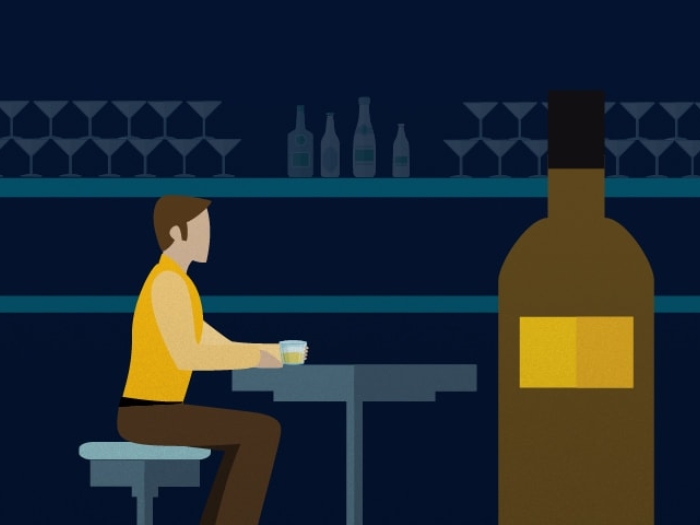
Health Lab
It can be tough to determine if a person’s consumption is unhealthy — and even harder to get him or her to talk about it. Why having the conversation is crucial.
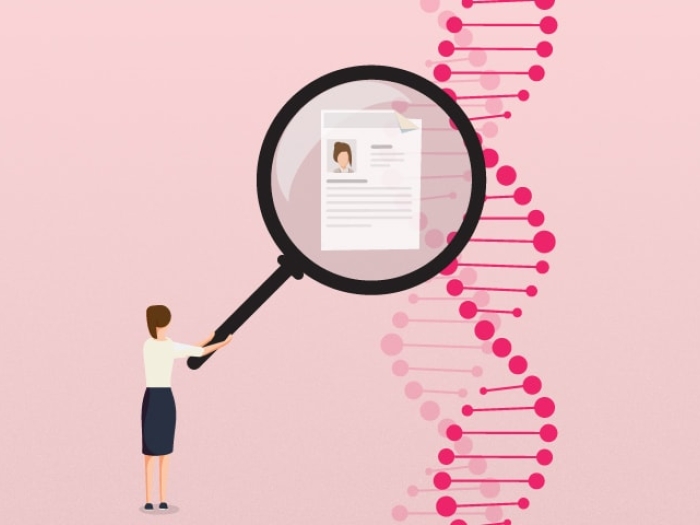
Health Lab
Awareness of genetic testing is low, a new study finds. But an interactive website can help newly diagnosed patients make informed decisions about the practice.
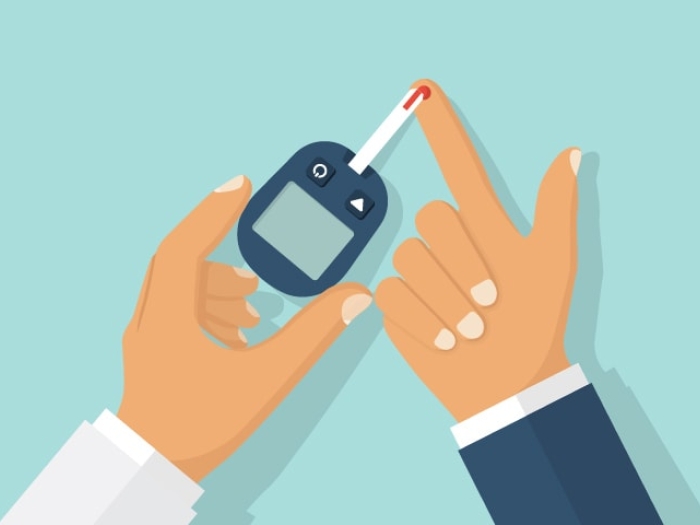
Health Lab
A program that provides peer-to-peer health counseling applies U-M research in a faith-based setting. See how it’s helping parishioners in need.
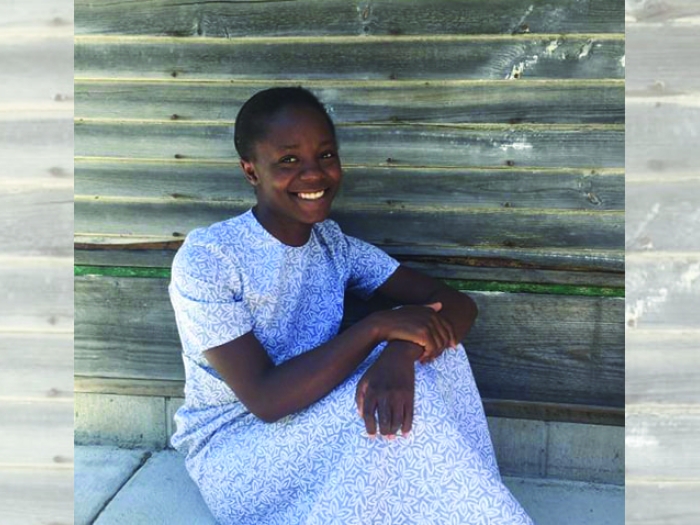
Health Lab
A gruesome accident nearly severed a young woman’s three fingers. Thanks to reattachment surgery at U-M, the patient has regained full function.
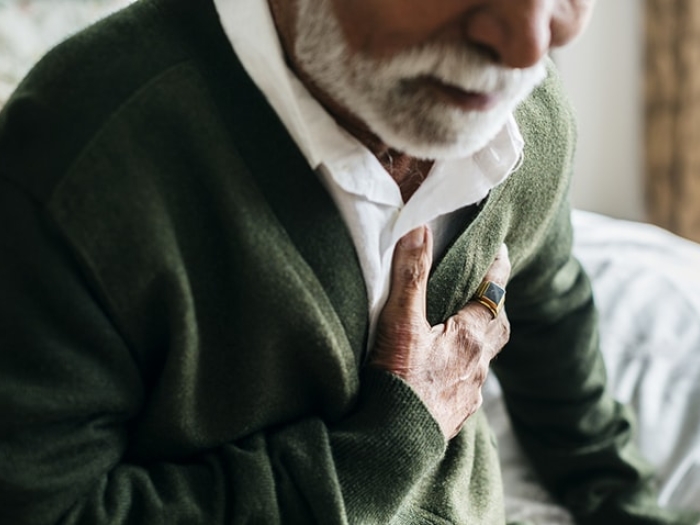
Health Lab
Get live-saving facts about aortic dissection, including symptoms and the difference between Types A and B, and find out how this lethal cardiac condition is treated.
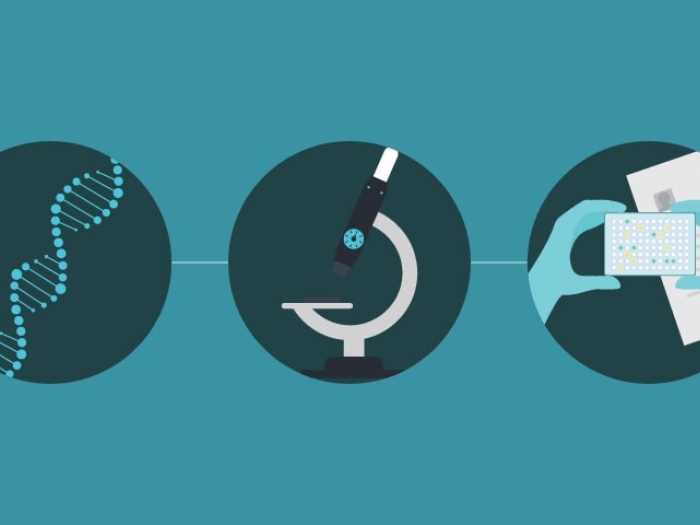
Health Lab
More than 1 in 10 people ages 50 to 64 have had genetic tests ordered by a doctor or ordered them directly, a new survey finds. Others say they’re interested, but many have concerns.
News Release
Michigan Medicine is notifying approximately 3,700 patients about a mailing mistake that may have exposed their names and contact information.

Health Lab
Memories of trauma are unique because of how brains and bodies respond to threat.
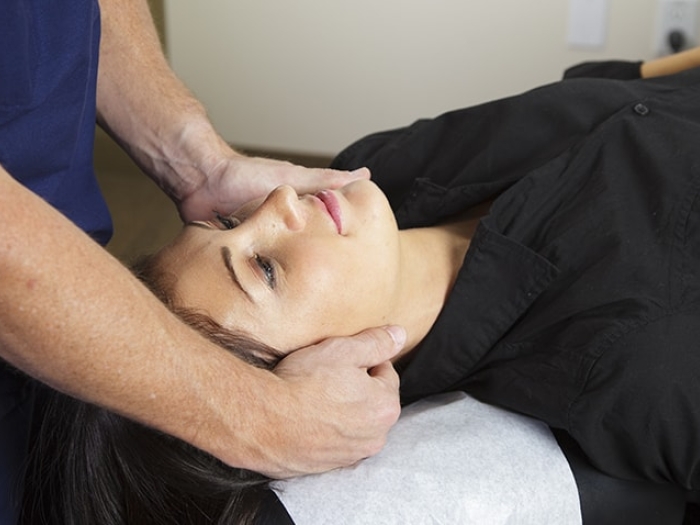
Health Lab
In rare occurrences, forceful manipulation of the neck is linked to a damaging side effect: vision problems and bleeding inside the eye.
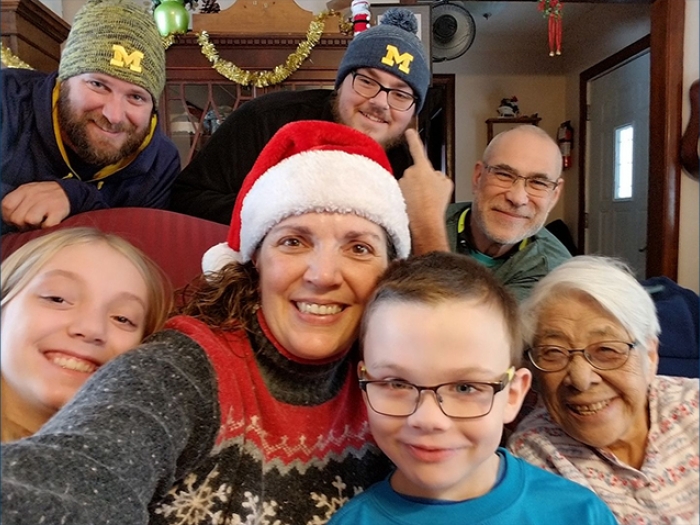
Health Lab
Following doctor’s orders — plus a steady dose of faith and positivity — helped a mother of five overcome a stage 4 diagnosis. Now, she’s working to educate others.
Health Lab
Institutional supports—and an exciting competition—are amplifying the voices of an often overlooked group of research trainees.
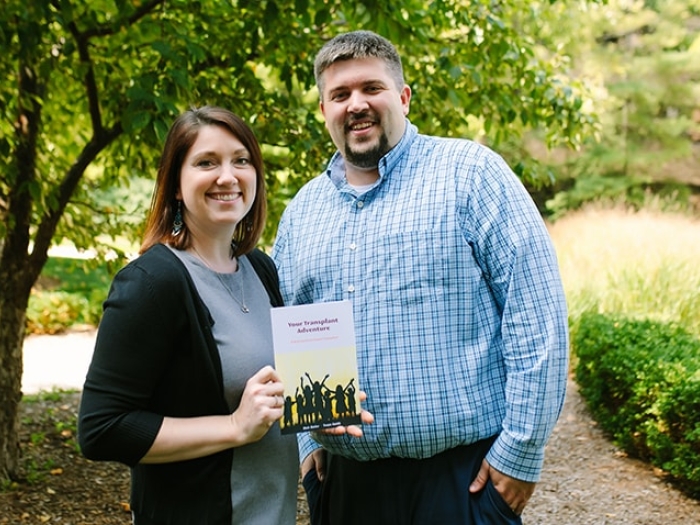
Health Lab
To help kids learn about and prepare for an organ transplant, two Michigan Medicine social workers wrote a special book detailing the experience.
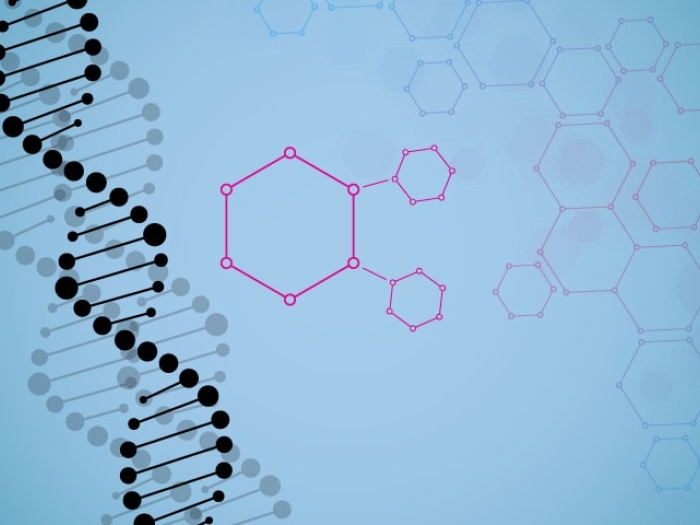
Health Lab
Training one gene to “pinch hit” for its twin could be a possible treatment for a type of congenital anemia, new research finds.
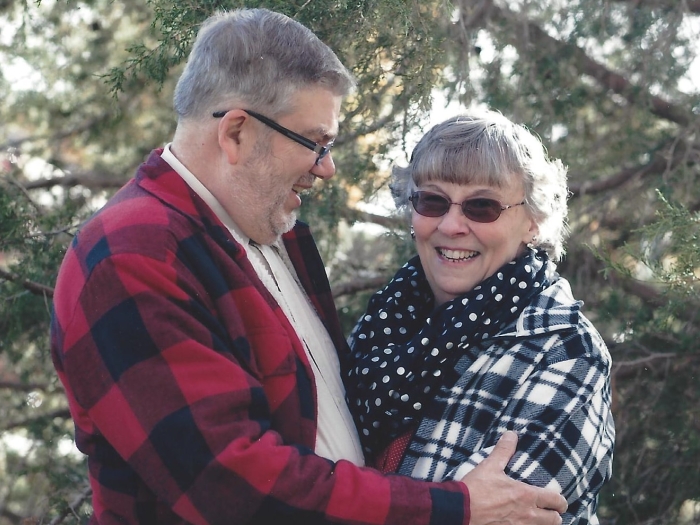
Health Lab
Donna Poole considers herself fortunate after surviving a brain aneurysm. To mark Brain Aneurysm Awareness Month, she’s working to spread knowledge.
Health Lab
Two tiny groups of brain cells, right next to each other, play a key role in driving feeding – and stopping. The brain’s own opioid system also gets involved